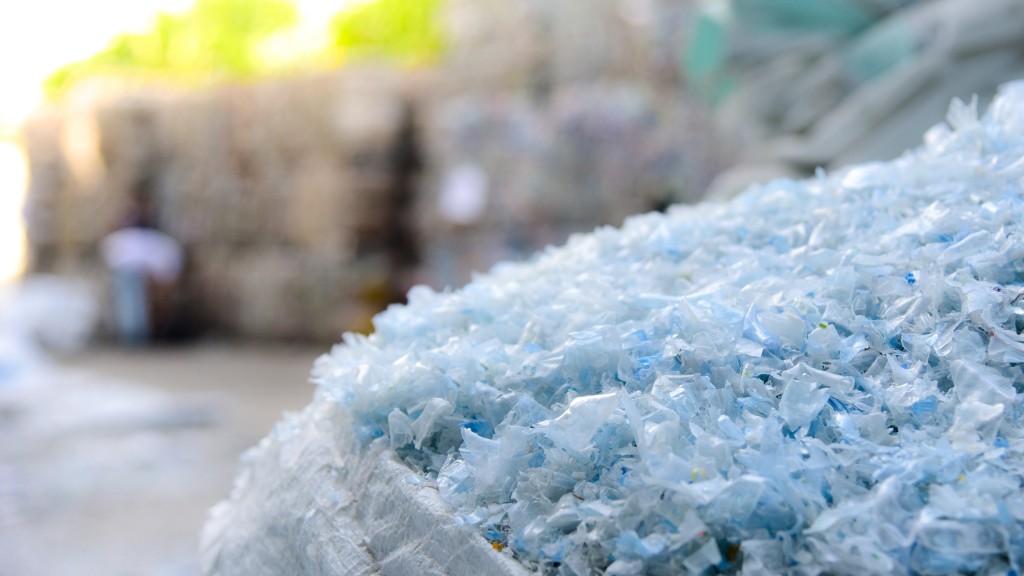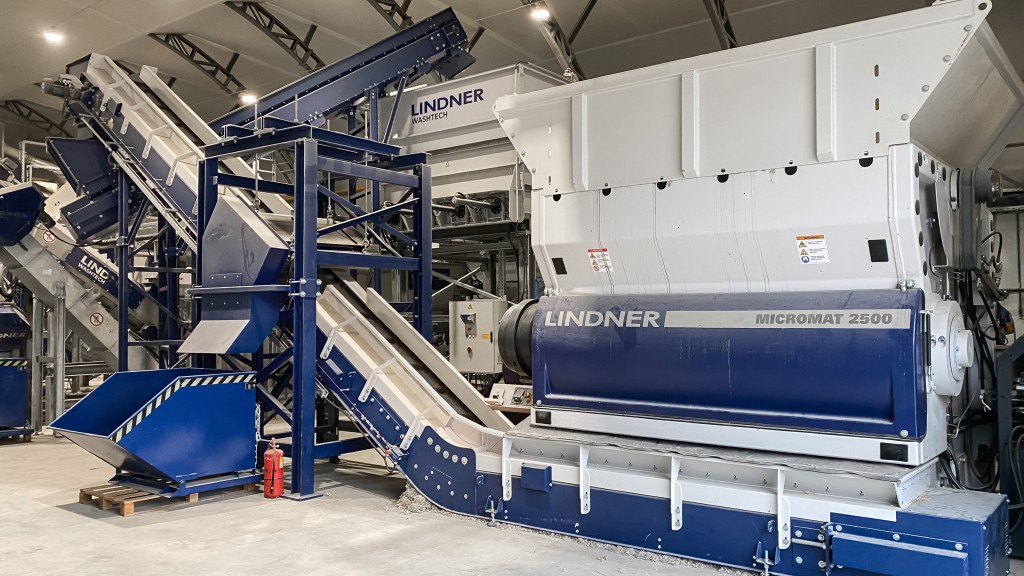
The Plastics Industry Association (PLASTICS) has named the winners of its 2024 Plastic Sustainability Innovation Awards recognizing the innovations in plastics manufacturing that further environmental advantages in design, material, and end-of-life management.
"The plastic industry is constantly innovating to find new ways to keep plastic waste out of our environment and use resources responsibly," said PLASTICS' Vice President of Sustainability, Patrick Krieger. "I congratulate our winners and look forward to presenting these companies with their well-deserved awards and voting for the People's Choice Award during NPE in Orlando, Florida."
Sustainable Innovation in Design Award
Eastman is the winner of the design award for its new molecular recycling facility. Eastman's new material-to-material molecular recycling facility in Tennessee has the capacity to process 110,000 metric tons of polyester waste that would otherwise go to landfills or incineration. Eastman's process reduces greenhouse gas emissions by 20 to 50 percent when compared to traditional processes.
Sustainable Innovation in Materials Award
Bantam Materials UK Ltd. is the winner of the materials award for their Prevented Ocean Plastic Initiative. Bantam Materials UK creates a market for discarded PET in countries with severely lacking recycling systems. Through this work, they have directly supported the construction of 13 collection centres and prevented more than two billion bottles from entering the ocean.
"We're so proud that the Plastics Industry Association has recognized our program," said Raffi Schieir, director of Bantam Materials UK Ltd. "Innovation in plastic technology is crucial, and we must continue to look deeper and make real progress to support the circular economy. Prevented Ocean Plastic is focused on preventing discarded plastic from polluting our oceans, protecting our environment, supporting coastal communities, and ultimately offering businesses, brands, and consumers a better plastic choice."
Sustainable Innovation in End-of-Life Award
Ultra-Poly Corporation is the winner of the end-of-life award for its ELV bumper recycling program. Ultra-Poly Corporation developed a reverse logistics collection program with autobody shops for bumper covers. The company recycles about 1.2 million pounds per year. The recycled pellets are now in commercial production of a wheel outer liner for GM heavy-duty pick-up trucks, completing vehicle-to-vehicle circularity.
"Ultra-Poly is thrilled to receive this recognition from PLASTICS," said Kevin Cronin, Ultra-Poly's VP of sustainability and R&D. "It is especially meaningful because this entire endeavour actually began as a PLASTICS NEMO (new end-market opportunity) project. We are particularly proud of the fact that this is essentially the first large volume, vehicle-to-vehicle circularity success for plastic materials and are excited about the potential of using this creative approach to expand ELV (end of life vehicle) plastic recycling."
Leadership in Sustainability Innovation Award
The Leadership Award for the company with the best overall score across the three categories was awarded to Polycarbin for its circular economy for laboratory plastics and Carbin Counter platform.
Polycarbin has a closed-loop system for collecting, recycling, and re-manufacturing laboratory plastic products such as pipette tips, tubes, tube racks, and more. The company provides a tracking software, Carbin Counter, that relays the information back to users in metrics including scope 3 emission reductions, water conservation, landfill diversion, and more.
The Sustainability Innovation Award ceremony will take place at NPE2024. Voting for the People's Choice Award will take place at NPE and will be announced at the award ceremony.
The finalists for the People's Choice Award
Amcor – BLUE BIN 100 percent PCR wine bottle
Amcor Rigid Packaging, in conjunction with Ron Rubin Winery, recently brought to market BLUE BIN, a wine packaged in 750mL bottles made from 100 percent post-consumer recycled (PCR) material. The companies say that this is the first 750 mL wine bottle made from 100 percent PCR released in North America.
Avient – Versaflex HC BIO BT218 material
Avient's Versaflex HC BIO BT218 was developed as a more sustainable alternative to current single-use biopharmaceutical tubing materials. This plant-based product provides critical requirements for single-use applications, such as clarity, flexibility and low extractable/leachable profile, while reducing the product's carbon footprint by 25 percent over petroleum-based elastomer solutions on the market and an even greater reduction compared to silicone, which is still the predominant material used in industry today.
Coperion GmbH – ZSK FilCo filtration compounder
For recycling PCR or any highly contaminated polymer, Coperion has developed the ZSK FilCo filtration compounder that allows filtration and compounding in a single production step. Compared to standard two-step production lines, the ZSK FilCo is distinguished by a more streamlined equipment setup. Energy consumption and emissions from the extrusion process are reduced by more than 50 percent. Moreover, the resin is only melted once, producing a higher-quality product.
Hoola One Technologies, Inc. – HO Wrack
The HO Wrack is a portable and mobile treatment plant adapted for removing plastic pellet spills from unpaved areas, where pellets mix with other materials such as rocks, dirt, or other organic matter. The HO Wrack technology separates plastic from other natural materials to the point where all of the natural material is returned to the ground and the pellets can be recycled and resold. This allows companies to remain within compliance with regulations at a greatly reduced remediation cost related to excavation and disposal of contaminated soil.
PureCycle Technologies – PureFive Ultra-Pure recycling process
The polypropylene (PP) recycling technology that PureCycle uses consists of seven main process stages that help close the loop on plastic waste while making recycled plastics more accessible at scale. The unique purification process uses extraction and filtration to remove colour, odour, and other impurities from PP waste resulting in a recycled resin that can be recycled and reused multiple times.



